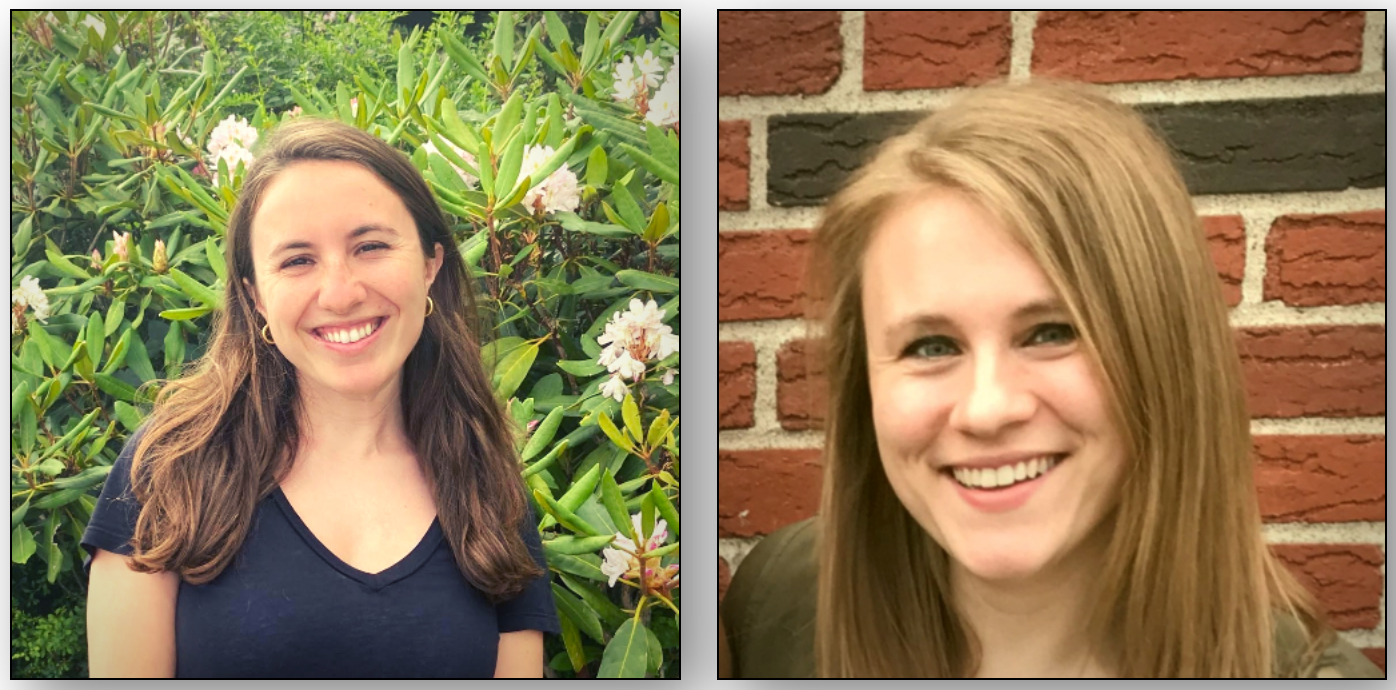by Julia Spandorfer and Rachel Walsh, Temple University
The National Science Foundation Graduate Research Fellowship (NSF GRFP) is a prestigious, 3-year fellowship open to students in STEM fields. Awardees are given a generous stipend for three years and their degree-granting institution is also given a cost-of-education allowance to put towards tuition.
However, for clinical psychology students, the process of applying for a GRFP can be like walking a tightrope. The NSF GRFP FAQ’s state that your graduate school must not be focused on clinical practice alone, and your area of study cannot be related to “epidemiology, medical behavioral studies, behavioral interventions, diagnosis, therapy, and treatment.” This answer is not exactly straightforward. Where does this leave clinical students?
There are countless posts online offering advice for prospective applicants to the GRFP, however few touch on how to approach it as a current, or prospective, Clinical Psychology Ph.D. student. We both submitted successful NSF GRFP applications, only after consulting with numerous colleagues and receiving invaluable guidance, and want to pass on what we have learned!
- Leverage the GRFP to get into graduate school: Applying to the GRFP before applying to clinical psychology programs will make your application more competitive. In completing the grant proposal, you will have a fully conceptualized research study you can discuss at interviews. This will set you apart! Not only will faculty be impressed at the depth of your research acumen, but it will demonstrate that you are passionate about research and seeking grants more generally. If you’re reading this tip when you’re already in graduate school and advising undergraduates or post-baccs, pass this on to any hopeful applicants you know!
- Know how competitive you are for this award: Clinical psychology is unique in that it is much more common to author / co-author posters and publications early in your career. Focus on this! It is uncommon for people in engineering, ecology, geophysics, etc. to have as strong of a CV. This is in part because students in other fields often go straight into graduate school from undergraduate. Capitalize on your time as a research assistant, and cite yourself wherever possible (posters, papers, etc.).
- Reach out: Look up previous award winners in your area, search them online to see if they are in clinical programs, and write to them to ask if you can see their proposal. People will surprise you with their generosity.
- Think mechanisms (not treatment) when forming your proposal: If you are unsure how to distance yourself from psychiatry, diagnoses, and treatment, consider the underlying mechanisms or transdiagnostic features relevant to clinical science. The NSF is not interested in treatment, medicine, or interventions. Think how more “basic” constructs (e.g., impulsivity, self-efficacy, affect, arousal) relate to your research area. To get to these core features, it may be helpful to examine the step before treatment research, such as the mechanisms of treatment. Another way to approach this is to use a new method to better understand a construct. Incorporating neuroimaging, neuroimmunology, psychophysiology, or other technologies can help increase novelty. Unlike most other grants, you are not responsible for carrying out the project you propose.
- Be careful with your words: Try your hardest to only mention health-related buzzwords (e.g. health, clinical, treatment) only once, and likely in your broader impacts section. Try to craft a proposal that does not require a clinical population (e.g., propose to work with high school students rather than anxious teenagers). Don’t give reviewers the opportunity to say your application is “too clinical.”
- Consider other areas of study to list your proposal under: You will be asked to list an “area of study,” and you have the option of listing “Other- Clinical.” However, if you can couch your proposal into a different area of study, it would be wise to, as to be in line with NSF’s priorities. Certain senior reviewers may have an antiquated view of clinical psychology and may not be aware the field has evolved to be more in line with STEM.
- Be specific: Tell reviewers exactly how your application meets the criteria for intellectual merit and broader impacts. Don’t make them guess or make vague connections, be straightforward. A research proposal with implications for mental health would fall under the category of broader impacts, as would an applicant who spent significant time engaging in community service initiatives.
- Seek outside advice: Not all of your reviewers will be psychologists. You may have a physicist or ornithologist reviewing your application. Ask someone outside your field to evaluate the readability of your materials.
- Don’t be discouraged: No matter the outcome, it is impressive that you even applied! Your worth is not tied to the outcome of the NSF, and you will be able to use this proposal as a jumping off point for your future research.
Disclaimer: The views and opinions expressed in this newsletter are those of the authors alone and do not necessarily reflect the official policy or position of the Psychological Clinical Science Accreditation System (PCSAS).


